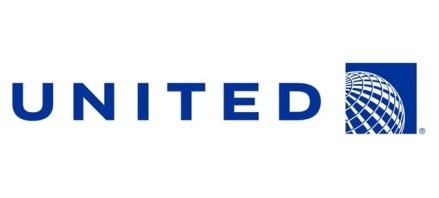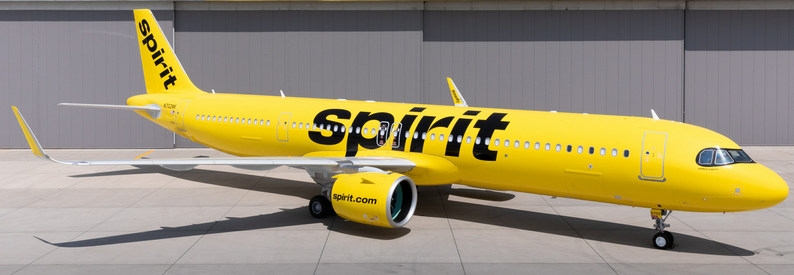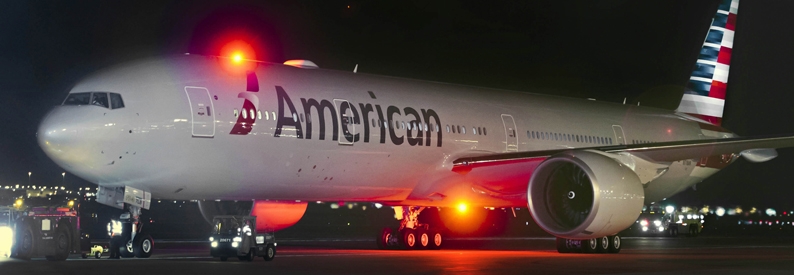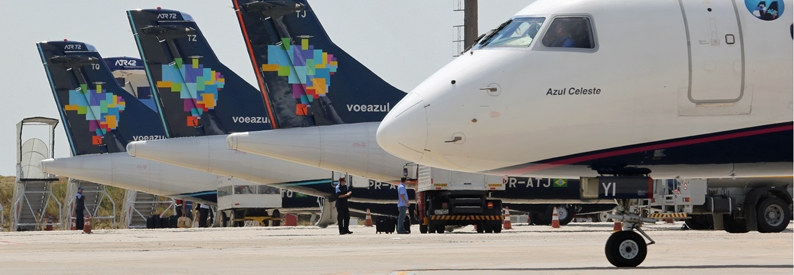United Airlines (UA, Chicago O'Hare) has taken a USD35 million equity stake in hydrogen-electric engine developer ZeroAvia (Hollister Municipal) and has placed an order for 100 of the company’s hydrogen-electric engines for regional aircraft.
The ZA2000-RJ powertrains could be retrofitted to existing United Express aircraft as early as 2028. One potential use would be on United’s CRJ550s, of which 54 are operated by GoJet Airlines (G7, St. Louis Lambert International) under the United Express banner, the airline said in a statement.
Under the agreement with United Airlines Ventures, United will pursue a conditional purchase agreement for fifty ZeroAvia ZA2000-RJ engines, with an option for fifty more, enough for up to fifty twin-engine aircraft which would be operated by United Express partners once they are fully developed and certified by regulators as soon as 2028.
ZeroAvia will soon begin ground tests of its ZA600 powertrain in a 19-seater aircraft, with the aim of entering commercial service with this smaller engine by 2024, said founder and Chief Executive Officer Val Miftakhov.
The company’s roadmap calls for it to develop hydrogen-electric propulsion for progressively larger aircraft. In September 2020, the company completed the world’s first hydrogen fuel cell-powered flight of a commercial-grade aircraft.
United’s contribution brings the total investment in ZeroAvia to USD115 million. Existing investors include the Alaska Air Group, Amazon’s Climate Pledge Fund, AP Ventures, Breakthrough Energy Ventures, Horizons Ventures, Summa Equity, and Shell Ventures.
Based in the UK and USA, ZeroAvia has already secured experimental certificates for its two prototype aircraft from the UK Civil Aviation Authority and the US Federal Aviation Agency (FAA). The company’s expanding UK operations are supported by grants from the UK’s Aerospace Technology Institute and Innovate UK, and ZeroAvia is part of the UK Government’s Jet Zero Council.
“Hydrogen-electric engines are one of the most promising paths to zero-emission air travel for smaller aircraft, and this investment will keep United out in front on this important emerging technology,” remarked Chief Executive Officer, Scott Kirby. “United continues to look for opportunities to not only advance our own sustainability initiatives but also identify and help technologies and solutions that the entire industry can adopt.”
Hydrogen-electric engines use electricity created by a chemical reaction in a fuel cell to power an electric motor instead of burning fossil fuel. Because no fuel is burned, there are no climate-harming emissions or carbon released into the atmosphere when the engines are operated.
- Type
- Base
- Aircraft
- Destinations
- Routes
- Daily Flights








